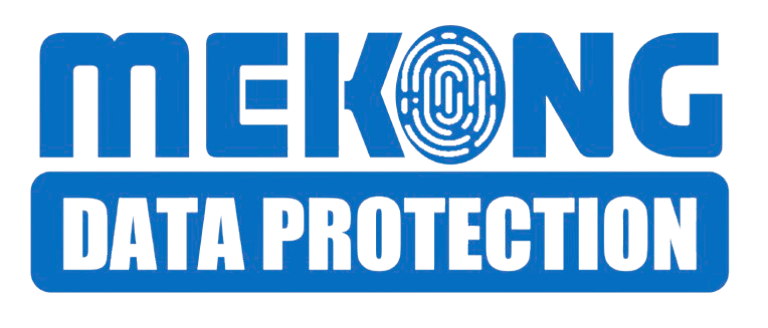Social Media and Privacy: What You Share Matters
In today's connected world, social media has become an everyday part of our lives. We share photos of our lunch, check in at our favorite coffee shops, and post updates about our day. But have you ever stopped to think about what happens to all that information? Let's take a friendly look at social media privacy and why what you share really does matter.
SOCIAL MEDIADATA PRIVACY
Pheakdey Heng
4/10/20252 min read
What Happens When You Post?
When you post something online, it doesn't just go to your friends and followers. Here's what's actually happening:
Your content becomes part of the internet's memory
Companies collect data about what you post and how you interact
Your information may be visible to more people than you realize
Once posted, it can be difficult or impossible to truly delete
Even with "private" accounts, nothing online is 100% secure. Screenshots, data breaches, and changing privacy policies can all expose your information.
The Information You're Actually Sharing
You might be sharing more than you think! Here are some things social media platforms collect:
The obvious stuff:
Photos and videos you upload
Comments and messages you write
Your likes, shares, and reactions
The not-so-obvious stuff:
Your location (even when you don't check in)
The times you're most active online
Your browsing habits and interests
Connections between you and others
Why Your Privacy Matters
"I have nothing to hide," is something people often say. But privacy isn't just about hiding bad things. It's about having control over your personal information. Here's why that matters:
Personal safety: Sharing too much information like your home address, daily routines, or when you're on vacation can put your safety at risk.
Identity protection: The more information available about you online, the easier it is for someone to steal your identity or access your accounts.
Future opportunities: Employers, schools, and even potential dates often search for people online. Old posts can affect their impression of you.
Peace of mind: Simply knowing that your personal life isn't on display for everyone can reduce stress and anxiety.
Simple Steps to Protect Your Privacy
The good news is that you don't have to quit social media entirely to protect your privacy. Here are some beginner-friendly steps:
Review your privacy settings on all platforms you use. Set your accounts to private when possible.
Be selective about what you share. Before posting, ask yourself: "Would I be comfortable with this being seen by everyone?"
Think twice about location tagging. Consider waiting until you've left a location before posting about being there.
Regularly audit your accounts. Remove old posts, photos, or information that no longer needs to be online.
Use strong, unique passwords for each social media account and enable two-factor authentication.
Be careful with quizzes and apps that request access to your social media accounts. They can collect extensive data about you.
Remember that even "private" messages can be screenshotted or shared by recipients.
Finding Your Balance
Social media isn't all bad! It helps us connect with friends and family, discover new ideas, and even find communities of people with similar interests. The key is finding a balance that lets you enjoy these benefits while protecting your privacy.
You don't need to share everything to stay connected. Sometimes the most meaningful moments are best kept private or shared with just a few close friends in person rather than with hundreds of online connections.
Moving Forward
Start by taking a few minutes today to check your privacy settings on the platforms you use most. Then, gradually build more privacy-conscious habits. Remember that you have the right to control your own information—and the power to decide what you share with the world.
Your digital footprint matters. By making thoughtful choices about what you share online, you're protecting not just your data but your future self as well.
What will you do differently with your next post?
